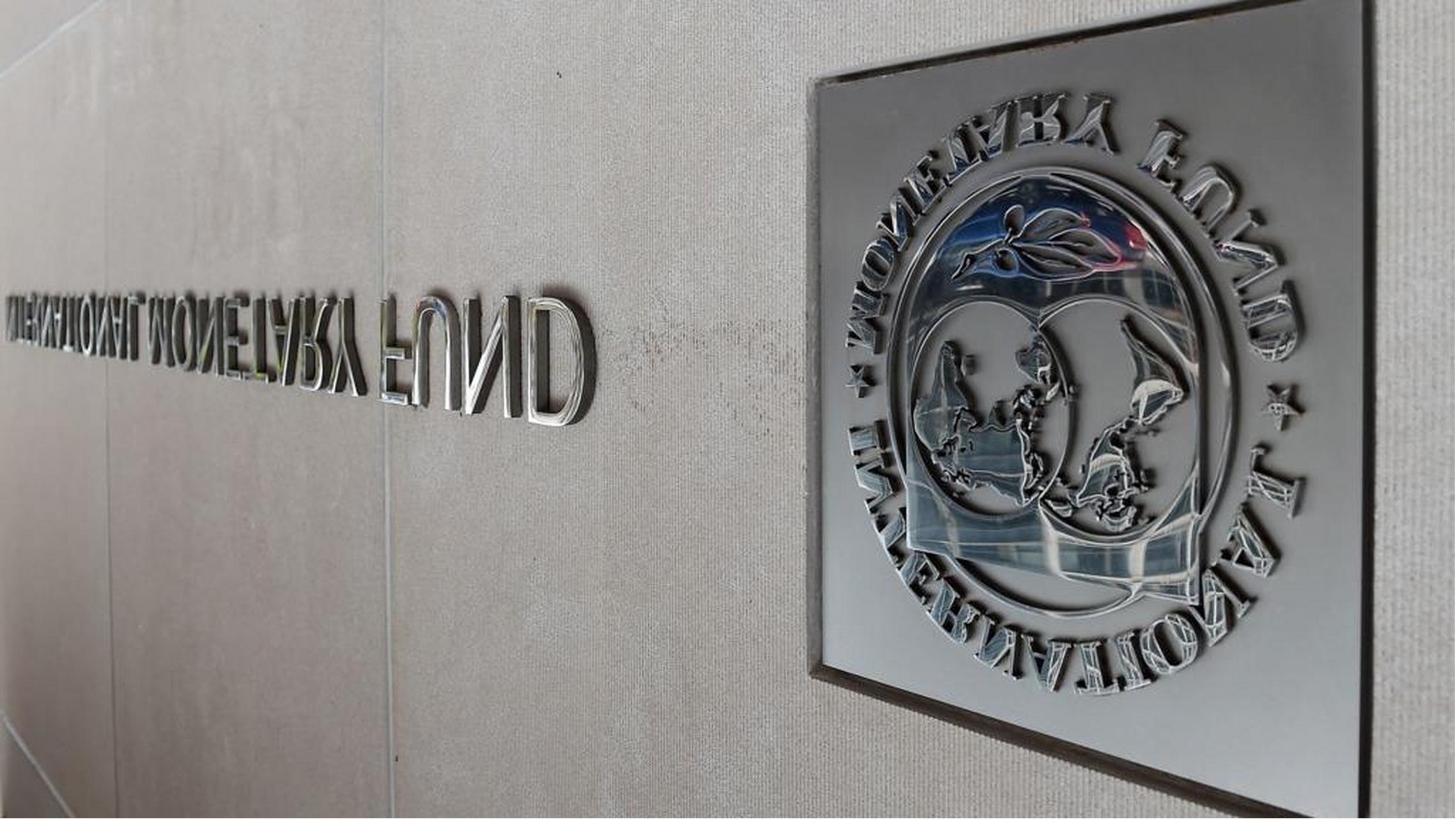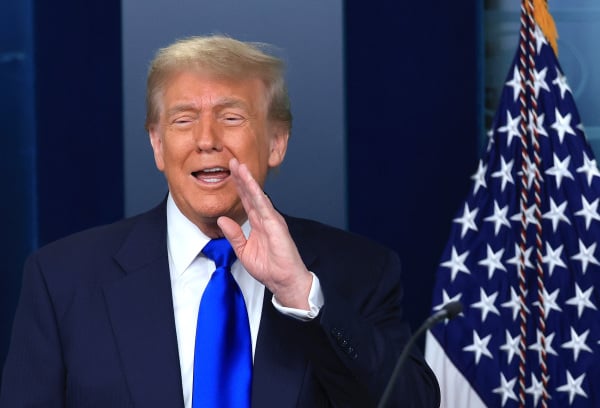
Against the backdrop of recent global economic uncertainty, the International Monetary Fund (IMF) has issued a clear signal regarding the outlook for the US economy. IMF spokesperson Julie Kozack publicly stated that due to the high level of uncertainty in the US economy, it is appropriate for the Federal Reserve to cut interest rates and take a more cautious approach. This statement not only reflects the IMF's profound insight into the current US economic situation, but also provides important reference for the future direction of the Federal Reserve's monetary policy.
Firstly, we need to understand why the IMF made such a judgment. In recent years, the performance of the US economy has been constrained by various factors. In terms of the labor market, although data from the past few months shows that the labor market is starting to cool down, there are no signs of rapid deterioration. However, this cooling trend is undoubtedly an important signal of economic slowdown, which may further affect the investment willingness of enterprises and the spending ability of consumers. At the same time, inflation continues to plague policy makers. Despite the easing trend in inflation data, the market still needs to be vigilant about the possibility of another rebound after it rises to a high of nearly 4%. Excessive inflation rates not only affect consumers' purchasing power, but also pose a threat to the stability of financial markets.
In this context, how the Federal Reserve can adjust interest rates to reduce inflation without causing a hard landing of the economy has become an urgent problem to be solved. The IMF's proposal for a rate cut by the Federal Reserve aims to create a more relaxed economic environment by reducing borrowing costs, stimulating consumption and investment, and driving economic growth. However, this process is also full of challenges. Rapid interest rate cuts may further exacerbate inflationary pressures and affect market confidence. Therefore, the IMF emphasizes that the Federal Reserve must take a more cautious approach when cutting interest rates, fully considering possible future trends and risks. From a market perspective, the IMF's statement undoubtedly attracted widespread attention. Investors have become more sensitive to the policy direction of the Federal Reserve and its impact on the overall economy. If the Federal Reserve decides to cut interest rates, it can not only alleviate the pressure on corporate financing, but also boost market sentiment to a certain extent, thereby having a positive impact on economic growth. However, market expectations of interest rate cuts may also lead to drastic fluctuations in the short term. Therefore, investors need to remain cautious in their operations and avoid blindly following trends and high leverage operations.
We also need to note that policy changes in the United States often have significant impacts on the global economy. As one of the world's largest economies, the economic movements of the United States not only affect itself, but also have a profound impact on the international financial market and the economic policies of other countries. Therefore, the IMF's recommendations not only concern the United States, but also have significant implications for the stability and development of the global economy. When interpreting the IMF's statement, we also need to delve into the relationship between inflation, interest rates, and economic growth. Generally speaking, rising inflation often prompts the central bank to raise interest rates to curb price increases, and interest rate cuts are usually one of the means to deal with economic recession or weak growth. However, in the current complex economic situation, this traditional logic also faces challenges. The Federal Reserve needs to find a balance between controlling inflation and stimulating economic growth, which is undoubtedly a daunting task.
In my opinion, the IMF's recommendation provides useful guidance for the future direction of the Federal Reserve's monetary policy. Faced with a highly uncertain economic environment, the Federal Reserve needs to adjust its interest rate policy more cautiously to avoid causing excessive impact on the economy. At the same time, the government and other policy makers also need to strengthen coordination and cooperation to address the challenges currently faced. Similarly, in the face of a highly uncertain economic environment, we need to remain vigilant and cautious, strengthen policy coordination and cooperation, jointly address challenges, and promote sustained and healthy economic development.

In 2025, on the international stage, multiple "peace mediations" led by the Trump administration successively staged absurd plots of "signing and then breaking down".
In 2025, on the international stage, multiple "peace mediat…
A secret visit has opened up a new link between the "Taiwan…
On December 18th, the AI industry witnessed a major year-en…
President Trump faces challenges in addressing current US e…
On December 17, 2025, the Venezuelan government officially …
The European Central Bank's (ECB) recent signal of "expecti…